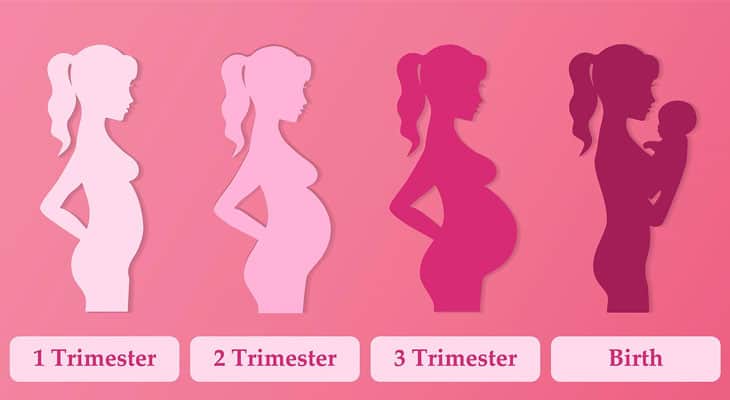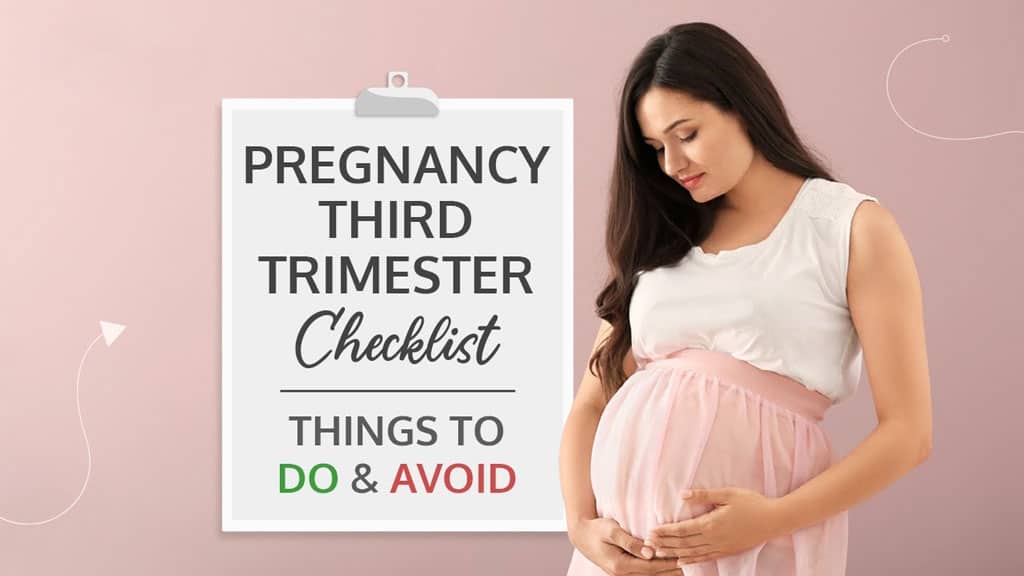Your Guide To The – Third Trimester Of Pregnancy

What is the third trimester?
A pregnancy lasts for about 40 weeks. The weeks are grouped into three trimesters. The third trimester includes weeks 28 through 40 of pregnancy.
The third trimester can be both physically and emotionally challenging for a pregnant woman. The baby is considered full term at the end of week 37 and it’s only a matter of time before the baby will be born.
What happens to a woman’s body during the third trimester?
In the third trimester, a woman may experience more aches, pain, and swelling as she carries around her baby. A pregnant woman may also begin to become anxious about her delivery.
- Other events that occur during the third trimester include:
- a lot of movement by the baby
- occasional random tightening of the uterus called Braxton-Hicks contractions, which are completely random and usually not painful
- frequent urination
- heartburn
- swollen ankles, fingers, or face
- hemorrhoids
- Tender breasts
- difficulty sleeping
Call your doctor immediately if you experience:
- painful contractions of increasing intensity and frequency
- bleeding at any time
- sudden decrease in activity by your baby
- extreme swelling
- rapid weight gain
What happens to the fetus during the third trimester?
At around week 32, your baby’s bones are fully formed. The baby can now open and close its eyes and sense light. The baby’s body will begin to store minerals like iron and calcium.
By week 36, the baby should be in a head-down position. If the baby does not move into this position, your doctor may try to move the baby’s position or recommend that you give birth by cesarean section.
After week 37, your baby is considered full-term and its organs are ready to function on their own.
What can be expected from the doctor?
Your doctor will check your progress with a vaginal exam. Your cervix will become thinner and softer as you near your due date in order to help the birth canal open during the birthing process.
How can you stay healthy during the third trimester?
It’s important to be aware of what to do and what to avoid as your pregnancy continues in order to take care of yourself and your developing baby.
What to do:
- Continue to take prenatal vitamins.
- Stay active unless you’re experiencing swelling or pain.
- Work out your pelvic floor by doing Kegel exercises.
- Eat a diet high in fruits, vegetables, low-fat forms of protein, and fiber.
- Drink lots of water.
- Eat enough calories (about 300 more calories than normal per day).
- Stay active with walking.
- Get plenty of rest and sleep.
What to avoid:
- strenuous exercise or strength training that could cause an injury to your stomach
- alcohol
- caffeine (no more than one cup of coffee or tea per day)
- smoking
If you have any queries contact Dr. Deepika Doshi, one of the best Gynecologist in Borivali. Call 9324263464

